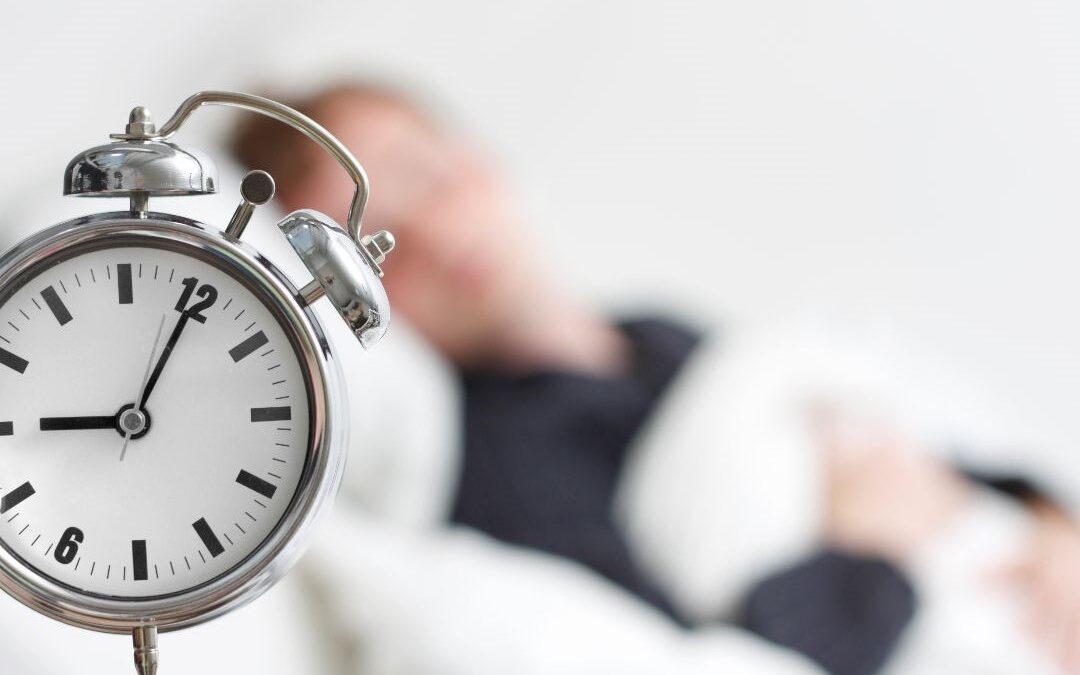Recovery from substance use disorder is not a linear path. While the journey towards sobriety might feel like a steady climb at first, there are bound to be obstacles and potential setbacks along the way. Relapse, while discouraging, is often part of the recovery process. Understanding relapse, implementing preventive measures, and having a strategy to bounce back are all key to achieving long-term sobriety.
What is Relapse?
Relapse is defined as a return to substance use after a period of abstinence. It’s a common challenge for many individuals in recovery, and it’s important to remember that it doesn’t mean failure. Relapse can be a learning experience, a chance to identify triggers, strengthen coping mechanisms, and renew your commitment to sobriety.
Understanding the Stages of Relapse
Relapse doesn’t happen suddenly. It’s often a gradual process that can be broken down into three stages:
- Emotional Relapse: This stage involves subtle changes in thinking, feelings, and behaviors. You might start isolating yourself, neglecting self-care, or romanticizing past substance use.
- Mental Relapse: In this stage, there’s an internal debate about returning to substance use. You might start experiencing intense cravings, minimizing the consequences of use, or bargaining with yourself.
- Physical Relapse: This is the stage where you actually use the substance again.
Common Relapse Triggers
To prevent relapse, it’s helpful to identify your unique triggers – situations, emotions, people, or places that increase your risk of returning to substance use. Here are some common triggers:
- Stress: High levels of stress can overwhelm coping mechanisms.
- Negative Emotions: Feelings like anger, sadness, loneliness, or boredom can lead to seeking comfort in old habits.
- Exposure to Substances: Being around people who are using, or visiting places associated with past use, can trigger cravings.
- Overconfidence: Believing you’re “cured” can lead to complacency and make you less vigilant about protecting your recovery.
- Social Pressure: Feeling pressured to fit in or engage in social activities that involve substance use.
Relapse Prevention Strategies
Developing a solid relapse prevention plan is crucial for maintaining your recovery. Here are some effective strategies:
- Build a Strong Support Network: Surround yourself with positive, supportive people who encourage your sobriety. This could include family, friends, therapists, sponsors, or members of recovery support groups like Casco Bay Recovery’s alumni program: [invalid URL removed].
- Develop Healthy Coping Mechanisms: Learn how to manage stress, difficult emotions, and cravings in healthy ways. Practice relaxation techniques, exercise regularly, engage in hobbies, or seek therapy or counseling.
- Identify and Avoid Triggers: Be aware of your personal triggers and develop strategies to avoid or manage them.
- Practice Mindfulness: Mindfulness techniques can help you stay present, be aware of your thoughts and feelings, and make conscious choices.
- Set Realistic Goals: Break down your recovery into small, achievable goals, and celebrate your progress.
- Utilize Technology: There are helpful apps and resources available to support your recovery journey.
- Have a Plan for Cravings: Know what you’ll do when cravings hit. Reach out to your support network, practice relaxation techniques, or engage in a distracting activity.
Bouncing Back from a Relapse
If you do experience a relapse, it’s essential to get back on track as quickly as possible. Here’s how to bounce back:
- Reach Out for Help: Don’t try to handle it alone. Contact your sponsor, therapist, a trusted member of your support network, or consider getting in touch with Casco Bay Recovery for assistance: https://cascobayrecovery.com/.
- Be Honest with Yourself: Analyze what led to the relapse, identify the triggers, and reflect on what could have been done differently. Use this as a learning experience to strengthen your relapse prevention plan.
- Forgive Yourself: Self-blame and shame will only hinder your progress. Recovery is a process, and setbacks are part of that journey. Practice self-compassion and recommit to your goals.
- Avoid the ‘What If’ Spiral: Don’t overanalyze what could have been. Focus on where you are now and what you can proactively do to move forward.
- Strengthen Your Resolve: Reaffirm your commitment to sobriety. Remind yourself of the reasons you chose recovery and the progress you’ve made.
- Adjust Your Plan: Work with your therapist or counselor to modify your relapse prevention plan. Address any new triggers that have surfaced and incorporate additional coping strategies.
- Focus on Self-Care: Prioritize your physical and mental well-being. Eat healthy food, get enough sleep, and make time for activities that bring you joy and peace.
The Importance of Aftercare in Preventing Relapse
Aftercare is a critical component of long-term recovery. This might involve:
- Continued Therapy: Individual or group therapy sessions help you process your experiences, develop coping skills, and address underlying issues that may contribute to relapse.
- Support Groups: Mutual support groups like 12-step programs: [invalid URL removed] or SMART Recovery: https://www.smartrecovery.org/ provide community, accountability, and encouragement.
- Sober Living: If you need a more structured and supportive environment, consider a sober living facility.
- Alumni Programs: Programs like Casco Bay Recovery’s alumni network [invalid URL removed] provide ongoing support, resources, and a sense of community for those navigating long-term recovery.
Remember:
- Relapse does not equal failure. It’s an opportunity for growth and recommitment to your recovery.
- Recovery is a lifelong journey. There will be challenges along the way, but with the right support and strategies, you can overcome them.
- Be patient with yourself. It takes time and practice to build resilience and create lasting change.
Additional Resources
- SAMHSA’s National Helpline: https://www.samhsa.gov/find-help/national-helpline: 1-800-662-HELP (4357)
- National Institute on Drug Abuse (NIDA): https://www.drugabuse.gov/
- The Recovery Village: https://www.therecoveryvillage.com/
Facing the possibility of relapse can be daunting, but understanding the process and having a plan in place empowers you. Relapse prevention is an ongoing part of the recovery journey; equip yourself with tools and maintain a strong support system. If a relapse does occur, remember, it’s not the end. With compassion, determination, and the right resources, you can bounce back and continue on your path to lasting sobriety.








